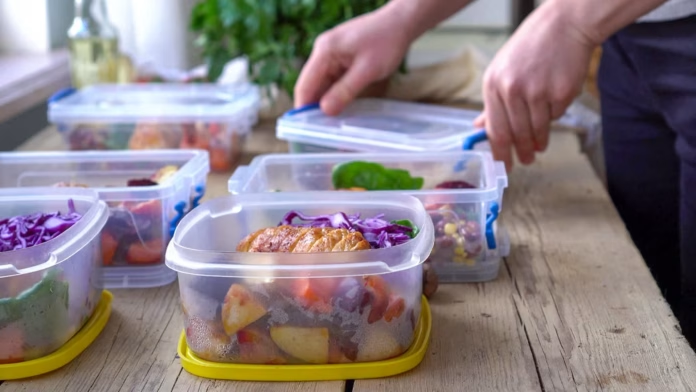Being a college student often means juggling multiple responsibilities, from attending lectures and studying for exams to managing a social life. Amidst this hectic schedule, one crucial aspect that tends to take a backseat is maintaining a healthy diet. Limited time and financial constraints often push students towards quick, inexpensive, and unhealthy food choices. However, it doesn’t have to be that way. In this article, we unveil the ultimate diet hack for college students – a simple yet effective strategy to eat well on a shoestring budget. So, get ready to discover the secrets of a healthy, affordable diet that will fuel your mind and body for success throughout your college journey.
Understanding the macronutrients:
- Carbohydrates: Not all carbs are the same. Simple carbohydrates found in sugary snacks provide quick energy but are rapidly burned off. Complex carbohydrates, found in fruits, vegetables, and whole grains, provide a steady source of energy and essential nutrients.
- Protein: Essential for muscle growth and repair, lean proteins like chicken, fish, beans, and nuts supply the necessary amino acids to build and maintain muscle tissue.
- Healthy Fats: Foods like nuts and olive oil contain healthy fats that support hormone regulation, brain function, and cardiovascular health.
The best diet for college students aids in weight management by providing adequate nutrition, controlling portion sizes, and encouraging a balanced approach to eating. By choosing nutrient-dense foods and being mindful of calorie intake, students can achieve and maintain a healthy weight.
Here are some practical tips to follow the best diet for college students on a budget:
- Meal Planning: Plan your meals for the week, considering your schedule, available resources, and budget. This helps make healthier choices and avoid relying on unhealthy convenience foods.
- Focus on Basic Food Groups: Prioritize fruits and vegetables, dairy, protein, and grains in your meals.
- Buy in Bulk: Purchase meat or grains in bulk, as it often proves more cost-effective in the long run.
- Smart Shopping: Create a shopping list before going to the grocery store and stick to it. Opt for fresh produce, whole grains, lean proteins, and healthy fats while avoiding unnecessary processed snacks and sugary beverages.
- Frozen Fruits and Vegetables: They are cheaper than fresh produce and still packed with nutrients.
- Affordable Nutrient-Rich Foods: Incorporate eggs, canned chicken or fish, beans, lentils, tofu, seeds, and whole grains into your diet.
- Seek Budget-Friendly Stores: Find a grocery store that fits your budget and offers good deals.
- Cook at Home: Preparing meals at home allows for ingredient control, portion management, and cost savings. Look for simple and budget-friendly recipes online or invest in a beginner’s cookbook.
- Opt for Budget-Friendly Foods: Oats, rice, beans, lentils, frozen fruits and vegetables, canned fish, eggs, and in-season produce can form the foundation of your meals while keeping costs down.
- Utilize Leftovers: Repurpose leftovers creatively to create new meals or pack them for lunch the next day. This reduces food waste and saves money.
- Take Advantage of Campus Events: Attend free food events on campus whenever possible.
- Utilize On-Campus Food Assistance: If needed, explore food assistance resources available on campus.
Tips to manage hunger and cravings while following the best diet for college students:
- Balance Macronutrients: Ensure your meals contain a good combination of protein, carbohydrates, and healthy fats to stay satiated and reduce cravings.
- Choose Healthy Snacks: Opt for protein and fiber-rich snacks like Greek yogurt with fruit, carrot sticks with hummus, or a handful of nuts.
- Stay Hydrated: Sometimes, thirst can be mistaken for hunger. Stay hydrated by drinking water throughout the day and have a glass of water before reaching for a snack.
By adopting a balanced approach and mindset, college students can maintain a healthy diet, nourish their bodies, and thrive throughout their academic journey. It’s essential to prioritize well-being while navigating the exciting world of higher education.





